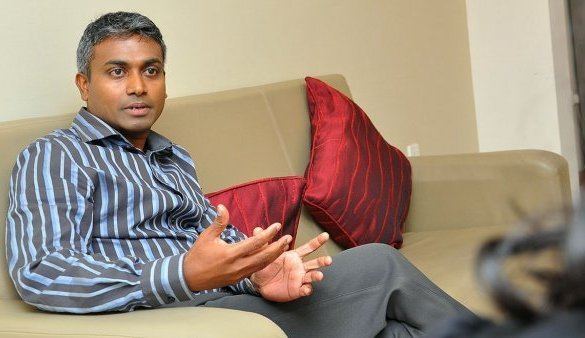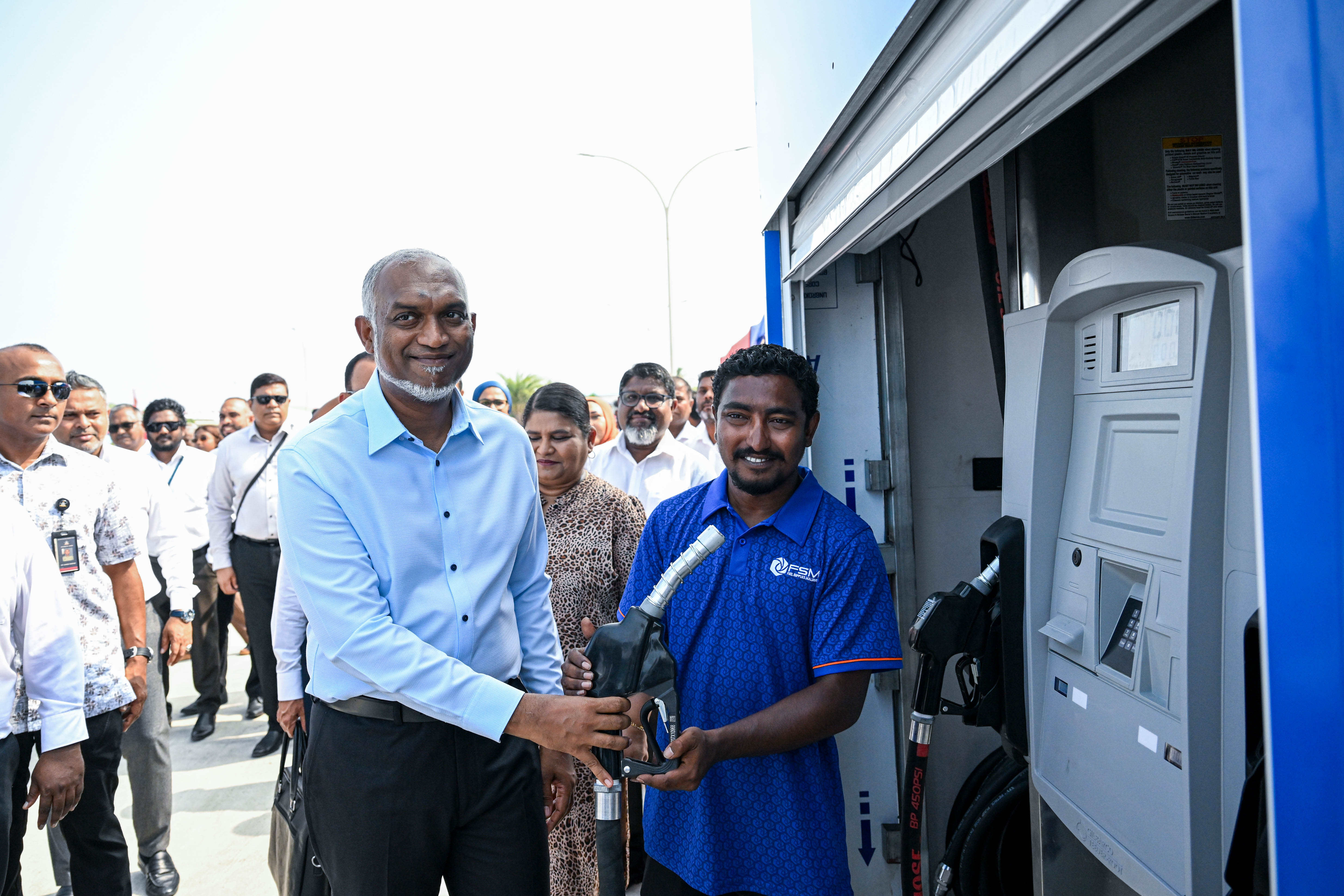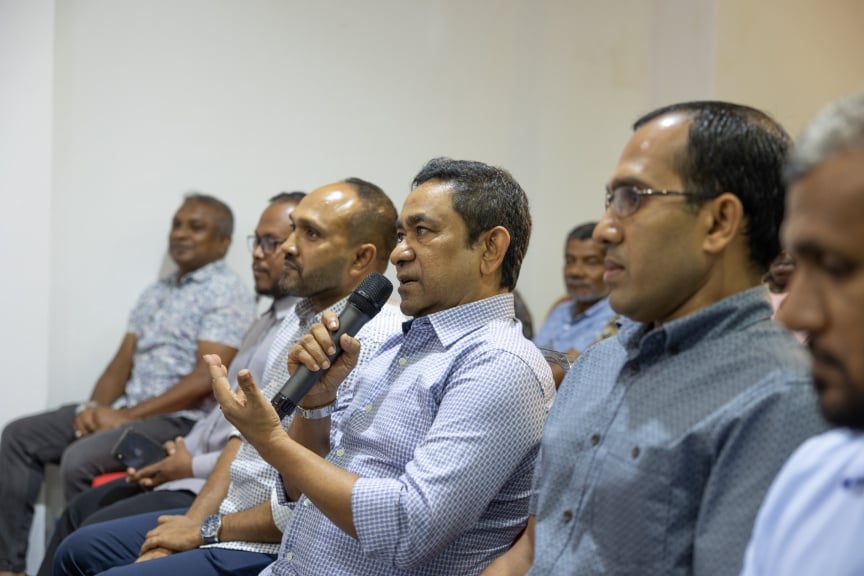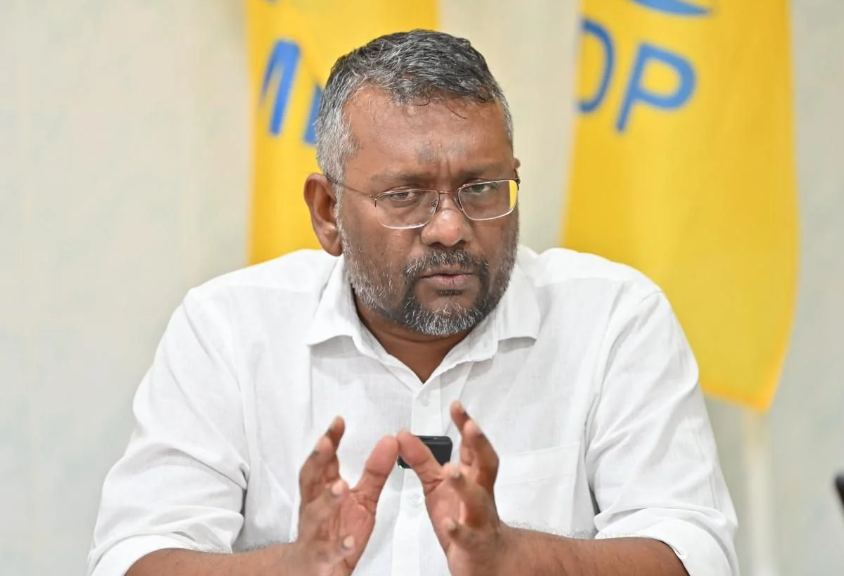Professor Hassan Ugail has stated that the Covid-19 pandemic may have caused trouble in facial recognition tech.
He said this when his own iPhone started having trouble recognizing his face while wearing the mandatory face mask. He also said that facial recognition is how he preferred to unlock the device when out and about.
"I kind of have to take my mask off. I would rather it let me in by just looking at my eyes," said Professor Ugail, while speaking with BBC.
Meanwhile, the research he conducted with one of his Ph.D. students that were published last year had shown that half a face was enough for a specially trained facial recognition algorithm to work.
Moreover, face recognition tech glitch has firms racing to update their algorithms so that they can cope with masks, and a variety of shapes were used, to represent different sizes of masks, to test the updated face recognition algorithms.
The progress means facial recognition could now become even more widespread than before with companies marketing it as a contactless, potentially more hygienic means of verifying identities in public places.
Professor Hassan Ugail is a mathematician and a computer scientist. Professor Ugail is well known for his work on computer-based human face analysis including, face recognition, face aging, emotion analysis, and lie detection. In 2018, he used his face recognition tools to help unmask the two suspected Russian spies at the heart of the Salisbury Novichok poisoning case.
He said this when his own iPhone started having trouble recognizing his face while wearing the mandatory face mask. He also said that facial recognition is how he preferred to unlock the device when out and about.
"I kind of have to take my mask off. I would rather it let me in by just looking at my eyes," said Professor Ugail, while speaking with BBC.
Meanwhile, the research he conducted with one of his Ph.D. students that were published last year had shown that half a face was enough for a specially trained facial recognition algorithm to work.
Moreover, face recognition tech glitch has firms racing to update their algorithms so that they can cope with masks, and a variety of shapes were used, to represent different sizes of masks, to test the updated face recognition algorithms.
The progress means facial recognition could now become even more widespread than before with companies marketing it as a contactless, potentially more hygienic means of verifying identities in public places.
Professor Hassan Ugail is a mathematician and a computer scientist. Professor Ugail is well known for his work on computer-based human face analysis including, face recognition, face aging, emotion analysis, and lie detection. In 2018, he used his face recognition tools to help unmask the two suspected Russian spies at the heart of the Salisbury Novichok poisoning case.


















